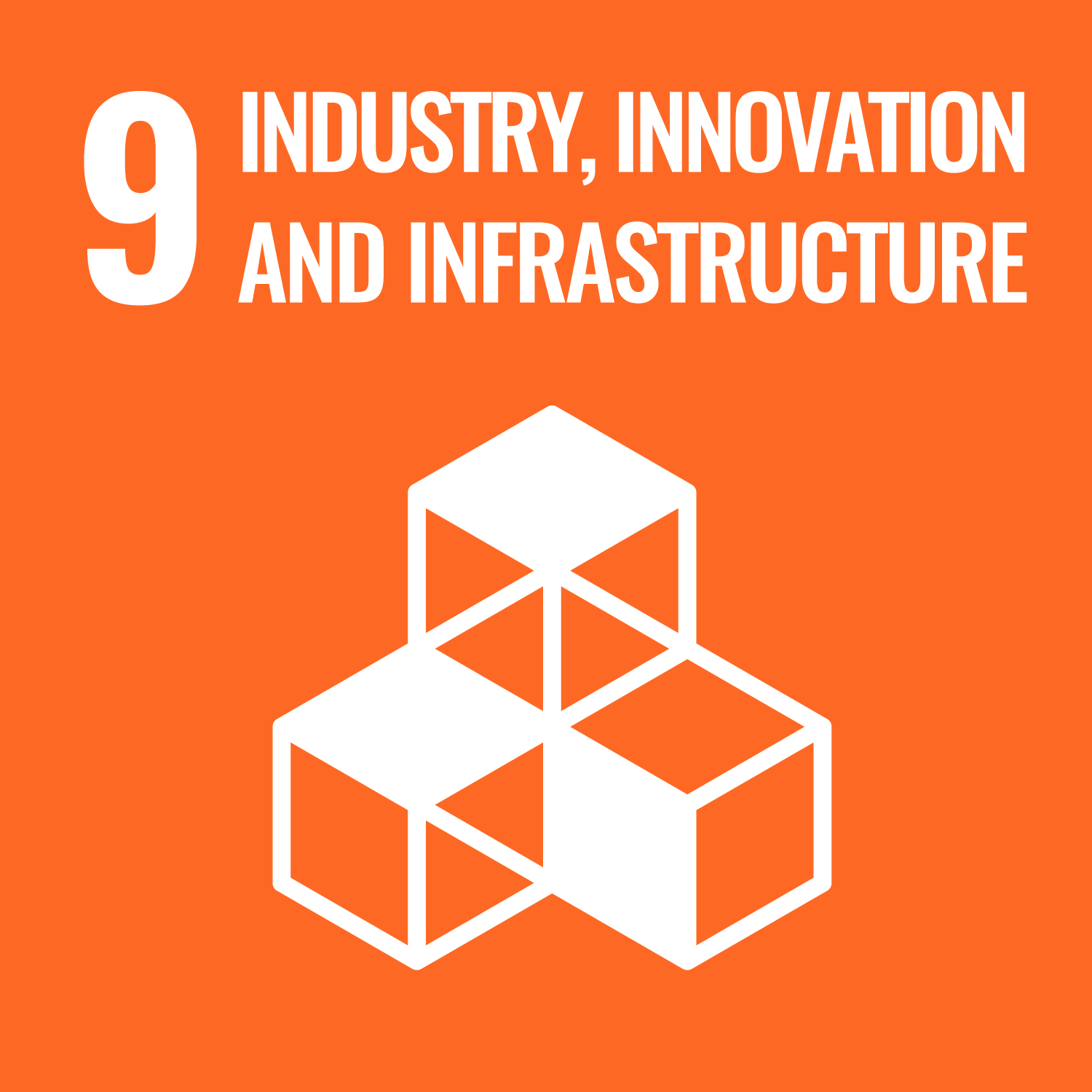SDG Detail
Techno-Ecology: The Social Life of Infrastructure
NoneProject description
Infrastructure reemerges as a heated political topic in the United States against the background of the new great power competition in the world and the increasing concern of inequality and social justice at home. Such divergent political interests illuminate the tension between the promises of infrastructure and the challenges it poses. What is infrastructure? And why does it matter? This course takes infrastructure as its object of inquiry and explores ways of building and using infrastructure in various historical and social settings. A burgeoning scholarship on infrastructure reflects on the complexity of infrastructure�s environmental, political, social, and economic impact. Infrastructure was a critical part of both empire building and nation-state development. At the same time, massive infrastructure projects could also bring about self-defeating debacles that threatened the very regimes who had implemented them. Infrastructure has elevated millions from poverty and provided more with necessity and convenience. But it also creates barriers, destroys ecological systems, and materialized discrimination. The challenges of climate change and cyber security urges us to rethink infrastructure through the lens of scale, distribution, and trust. This course aims to complicate any monolithic conceptualizations of development, and to rethink the relations between us-at the levels of individual, communal and global-with the techno-ecology called infrastructure.
Project aims
?
Project outcome
?
Related SDGs
The corresponding sustainable development goals correlated with this project. You you click the icon to link to SDG category description page.













